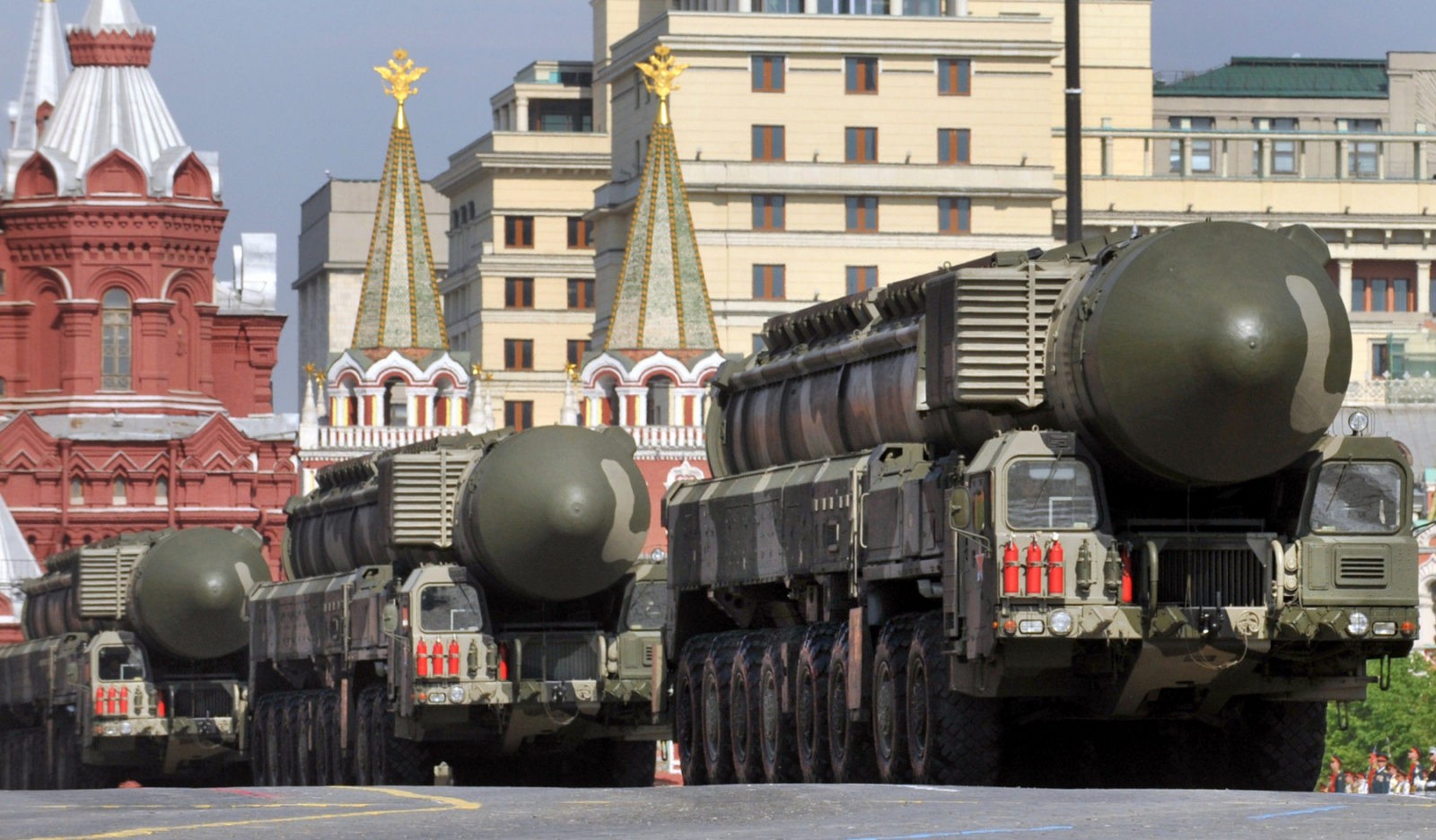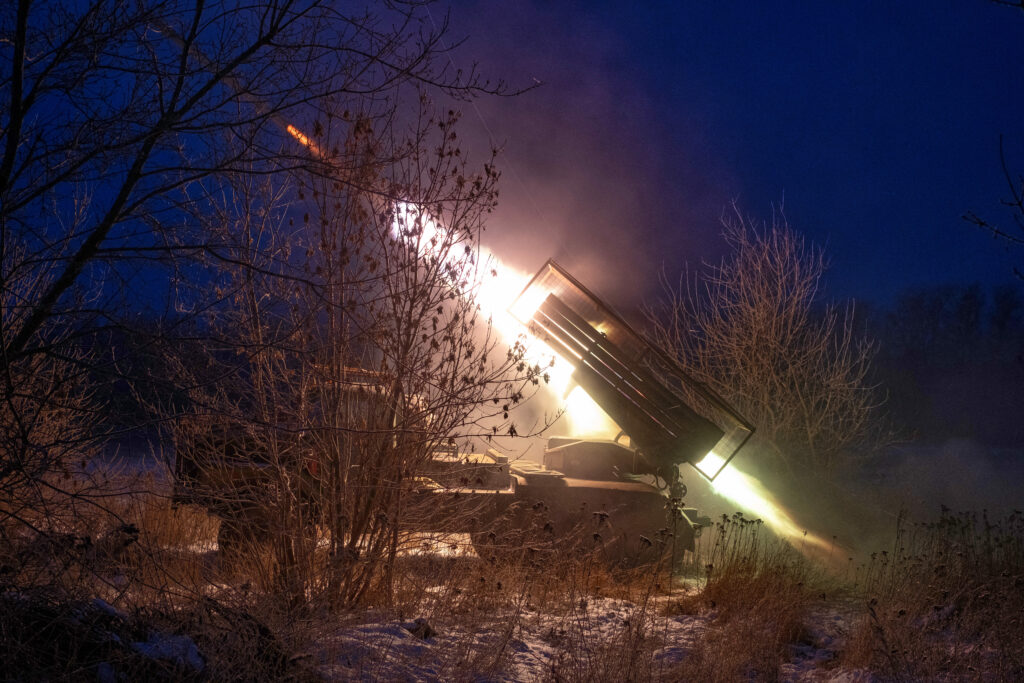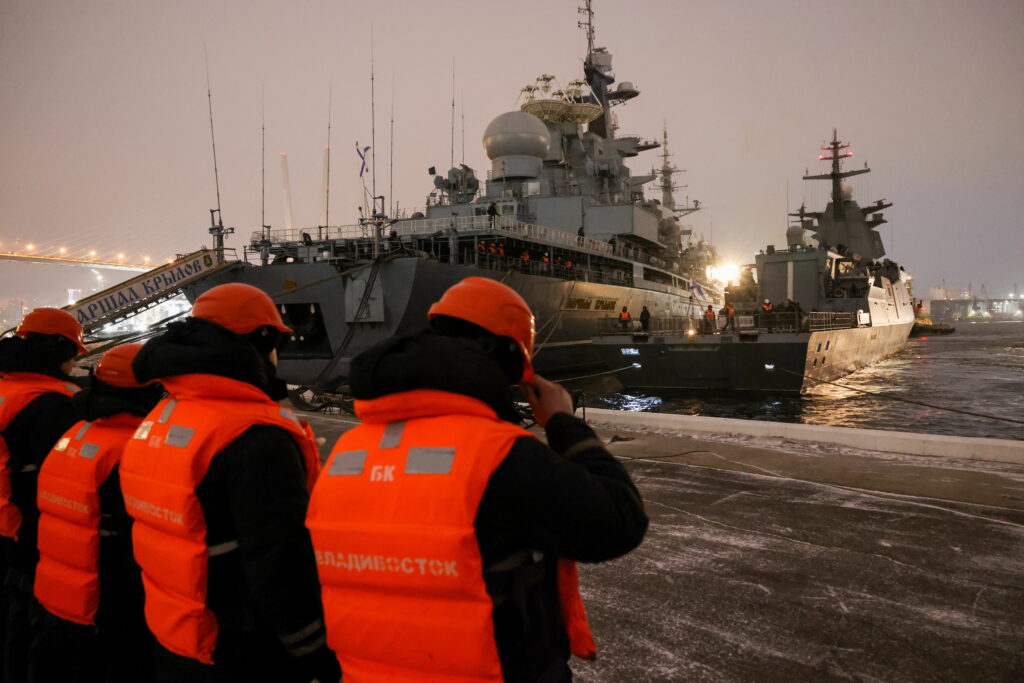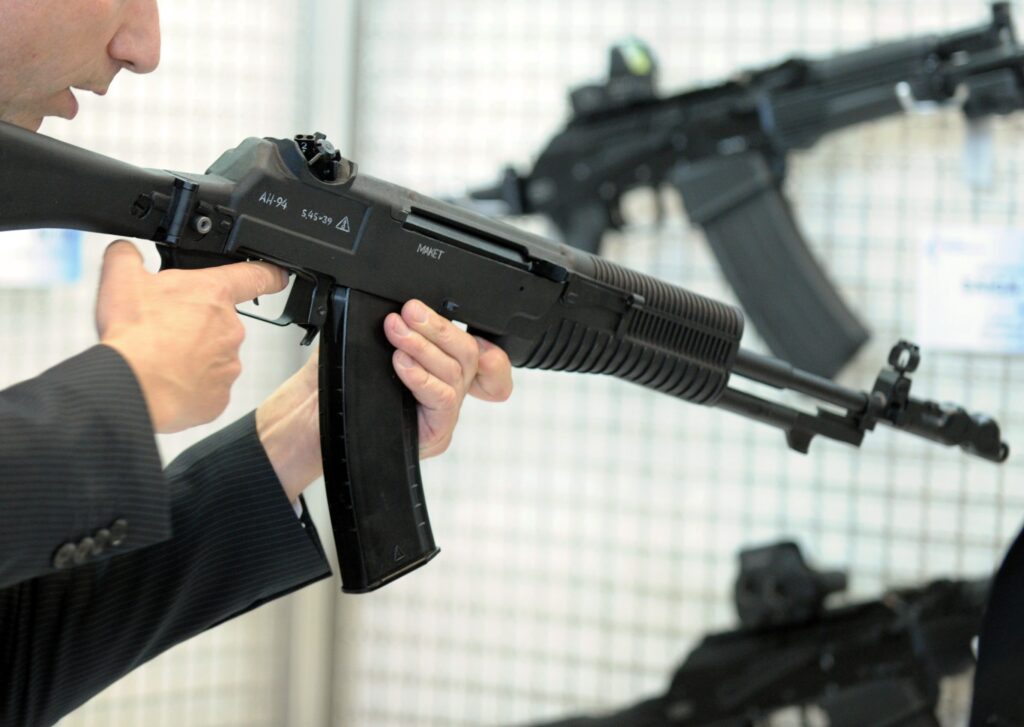Following the final breakdown of the Intermediate Range Nuclear Forces Treaty in 2019, one of the most pressing issues in nuclear non-proliferation and arms control has been the hazy perspectives for extending the third START (Strategic Arms Reduction) Treaty, which was signed in 2010 and still remains in force. However, these problems have unexpectedly taken a turn for the worse as a result of the nuclear accident near Severodvinsk in August, and not necessarily because of the radioactive isotopes which were tested there. It appears that the incident did not have any connection to nuclear weapons. In order to conceal the trail of the radioactive isotope which surfaced as a result of the tragic incident, the Russian authorities resorted to shutting down the country’s automatic radio-nuclear monitoring stations. These stations are charged with monitoring whether certain countries are testing nuclear weapons, and transfer information about any isotopes detected to an international data centre in Vienna, which operates under the auspices of the CTBTO Preparatory Commission (a body tasked with monitoring compliance with the Comprehensive Nuclear Test Ban Treaty – ed.)
Admittedly, this last treaty has not yet entered into force. That would require its ratification by China, Egypt, Israel, India, Iran, North Korea, Pakistan, and the United States. Russia signed the treaty in September 1996 and ratified it in June 2000, acts which gave great weight to Moscow’s diplomatic positions concerning nuclear disarmament and non-proliferation. But Moscow’s recent decision to turn off the monitoring stations has significantly devalued its position, as did its decision to halt the Intermediate Range Nuclear Forces Treaty and its indecisiveness in committing to the third START treaty. All these machinations represent a negative influence on the international arms control system. They also beg a key question: why does Moscow, which has counted on supporting and developing this system for decades, seem so ambivalent towards it today?
Disarmament as a diplomatic lever
From the 1960s to the start of the 1990s, negotiations and agreements about nuclear weapons and related issues came to not only symbolise the then bipolar system of international relations, but acted as an important mechanism in their maintenance. These steps regulated and constrained the real risk of war between the two superpowers. Moreover, towards the end of the Cold War, the excessive nuclear arsenals amassed by the USSR and USA even started to represent a threat to their owners. Firstly, the risk of accidents and incidents only grew over time, but reducing these arsenals of nuclear weapons and their delivery systems required some degree of mutual trust. Secondly, any armed conflict which did arise would have escalated automatically; the two superpowers’ leaders simply did not have the flexibility to reach a political settlement as in the case of the Cuban missile crisis. All of the above led to a common interest in arms regulation, ensuring a readiness to reach agreements, and crucially implement them, during this period.
Nonetheless, after the Cold War the nuclear disarmament process assumed its own political logic. Russia and the USA were obliged to continue reducing their stockpiles of nuclear weapons, and not simply due to their unwieldy size or growing redundancy as effective means of guaranteeing security. Their example supported the international arms control process and gave Russia and the USA heightened legitimacy when it came to nuclear non-proliferation.
Moscow’s interest in nuclear disarmament was even greater. Due to severe economic problems, Russia had an objective interest in lowering the upper limits of deployed nuclear warheads and delivery mechanisms permitted by international treaties. But how could it achieve that goal? Over the decades since the collapse of the USSR, Russia’s great clout in the international arena has never been based on its sustainable economic development, neither on the standard of living of its citizens, nor by scientific or technical achievements or the attractiveness of its socio-economic model. In fact, Russia’s ability to influence this issue rests on three pillars. One is the country’s permanent seat on the UN Security Council; another is the mutual dependence of all partners involved in the International Space Station, one of which is Russia. But by far the most important pillar is Russia’s bilateral engagement with the USA in the field of strategic armaments and efforts towards nuclear non-proliferation. The latter allowed the Kremlin to regulate its relations with the West after the Russo-Georgian War of 2008. The latest START treaty was the main result of that “reset.”
However, the “nuclear leverage” available to those who dictate Russia’s foreign policy has an important objective limitation. Namely, the fact that each step in any phased reduction of strategic armaments necessarily has less political value than the one which preceded it. Thus all the political advantages Moscow gained by signing and ratifying the Comprehensive Nuclear Test Ban Treaty and allowing an indefinite extension of the Treaty on the Non-Proliferation of Nuclear Weapons (NPT) in 1995 have long since been used up. In short, while these steps were once significant contributions to the international prestige of the Russian leadership, they have now receded into the past. When it came to the nuclear programmes of Iran and North Korea, the opposite was true; taking a tough stance towards them actually reduced the Kremlin’s freedom for manoeuvre in these respective regions, and demanded redoubled and long-term commitment without the hope of quick political gains.
Therefore the Kremlin cannot in good faith seriously propose a reduction in nuclear weapons to the levels of France, China, and the UK’s stockpiles if it then desires access to multilateral disarmament negotiations. This is despite the fact that Russian security will not be affected in any way, and the country’s economic standing can only do well from such a move. The crucial point is that such a move would jeopardise Russia’s exclusive position in terms of its relations to the USA. Moscow’s failure to persuade Washington to reach new agreements on missile defence can only further strengthen this claim to exclusivity. In sum, the Russian authorities only came to realise that reductions in a nuclear arsenal no longer meant easy political gains shortly after signing the latest START treaty. Naturally, the events of the “Arab Spring” and subsequent conflicts in Libya and Syria also played a role in this revelation. Given the concurrent evolution of Russia’s domestic political system, Russia’s rulers began resorting to increasingly radical tactics in the international arena.
A paradigm shift with stark consequences
Following the war with Georgia in 2008, Moscow attempted to carry out a thorough military reform. Its long term goal was to establish conventional armed forces whose ability to project power overseas would be second only to the USA. At the same time, this move was to compensate for the technological lag endured by Russia’s defence industries in comparison to their American and European counterparts. Consequently, the Kremlin would have one more asset to rely on in maintaining its international status, and one more lever of influence in its foreign policy. However, these plans were eclipsed by the annexation of Crimea and the subsequent war in the Donbas region of eastern Ukraine.
One particularly underestimated consequence of these events was the fact that, by annexing the Crimean peninsula, Russia violated the Budapest Memorandum on Security Assurances in Connection with Ukraine’s Accession to the Treaty on the Non-Proliferation of Nuclear Weapons (NPT), a document signed in 1994 and widely known as the Budapest Memorandum. Russia, as a nuclear power, pledged to respect the territorial integrity of Ukraine in exchange for the latter’s renunciation of nuclear weapons inherited from the USSR. With this in mind, it is telling that the subsequent NPT Review Conference held in 2015 came to naught. It is also not surprising that Moscow completely lost the initiative on the nuclear weapons programmes of Iran and North Korea in the years which followed. Meanwhile, the Intermediate Range Nuclear Forces Treaty was completely undermined; the Russian role in this process has been widely written about (see here and here.) In light of those events, the shutdown of monitoring stations after the accident near Severodvinsk appears as an entirely logical move.
Therefore, the main basis for the high status Russia enjoys in international relations has been slowly eroded (alongside cooperation between space programmes.) Moscow has only been partially successful in replacing or supplementing its nuclear clout with combat-ready and mobile conventional armed forces. This unfinished goal, together with a fundamental revision of the basis of policies towards nuclear arms control, will determine how Russia approaches the impending extension of the START treaty. And here the Kremlin can choose one of the three following scenarios:
The conservative scenario: the Russian authorities will cease their attempts to dismantle the existing nuclear arms control system and endeavour to maintain the START treaty. At the 2020 NPT Review conference, major players will make at least some effort to implement Article IV, beyond the standard recriminations directed at the USA. The extension of the current terms of the treaty for another five to ten years beyond 2021 will allow Moscow to save face; maintaining the same trajectory will keep the situation as predictable as possible. A pleasant bonus here would be a fully-fledged summit between Vladimir Putin and Donald Trump.
The honey trap: Vladimir Putin will play the “good cop,” pushing for another contractual limitation on the amount of strategic armaments commensurate with Russia’s actual industrial capabilities. For example, Moscow could push for a reduction from 700 deployed delivery systems to 500 (Russia now operates a little over 500.) Moscow would have nothing to lose from such a step; in fact, it would be able to partially restore its position relative to the Americans and Europeans, as well as potentially undermining the unity between the two with regards to Russia. Even if implemented, this would fall short of any “big deal” between Putin and Trump, but it would nonetheless have important consequences internationally in the short term. In the event of an American failure to see such a move through, only the USA would suffer damage to its reputation.
The radical scenario: the Kremlin will continue to pursue its own radical tactics, making no real efforts to preserve the START treaty. This approach will be dictated by the logic that a return to the mass nuclear arsenals of former decades is impossible under any circumstances. Calls to jettison any stockpiles of strategic offensive armaments may be accompanied by proposals to link accompanying treaties to missile defence, cooperation in space, and the numbers of nuclear weapons maintained by France and the UK as the USA’s NATO allies. Of course, any such calls would ultimately jeopardise the entire international non-proliferation and arms control regime. Nevertheless, there would be an advantage for Moscow: it would be able to render its own strategic weapons arsenal completely opaque to the USA. All Russia’s leaders would have to do would be to wait for Washington to succumb to pressure from its allies and sit down to negotiate.
In any case, the new START treaty no longer has any particular value to Russia. For Moscow, the treaty has become nothing more than a bargaining chip in a diplomatic game.










